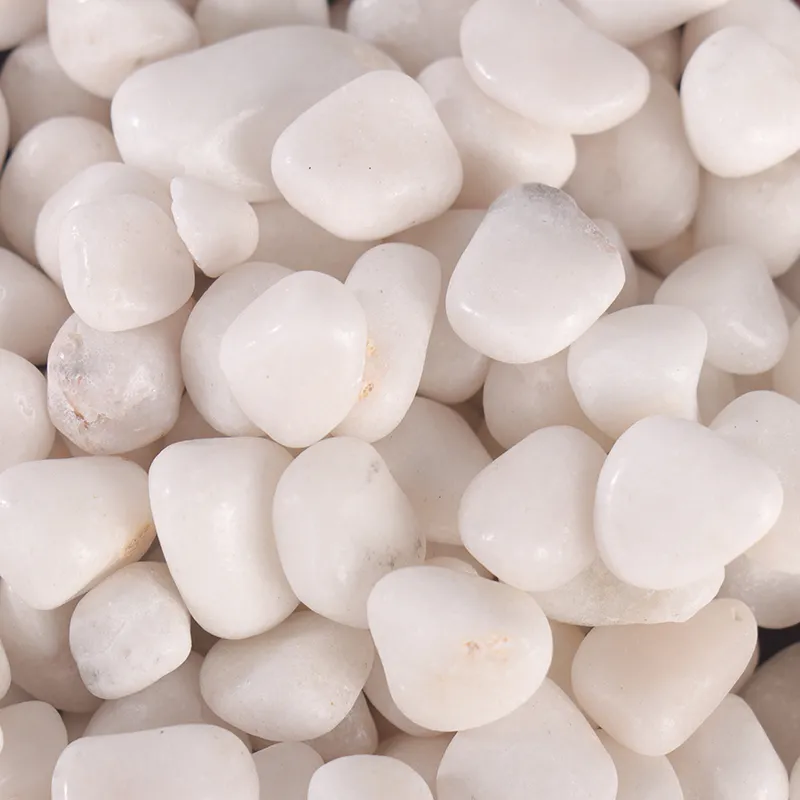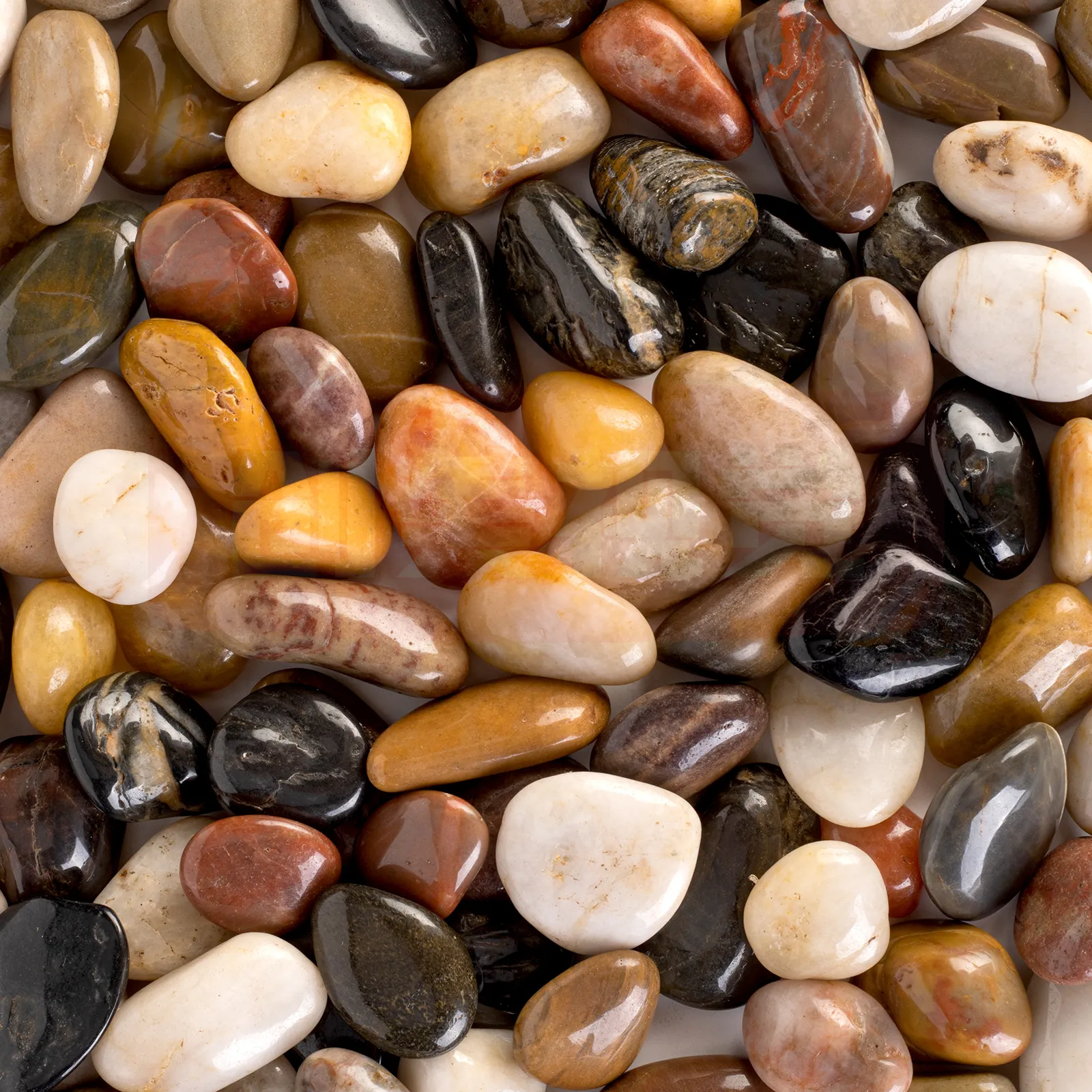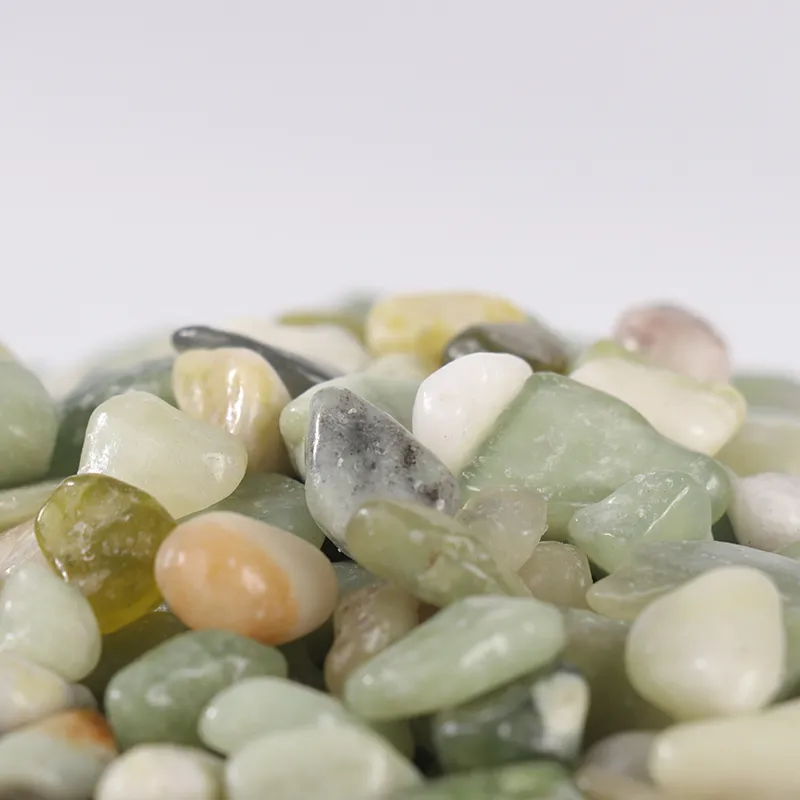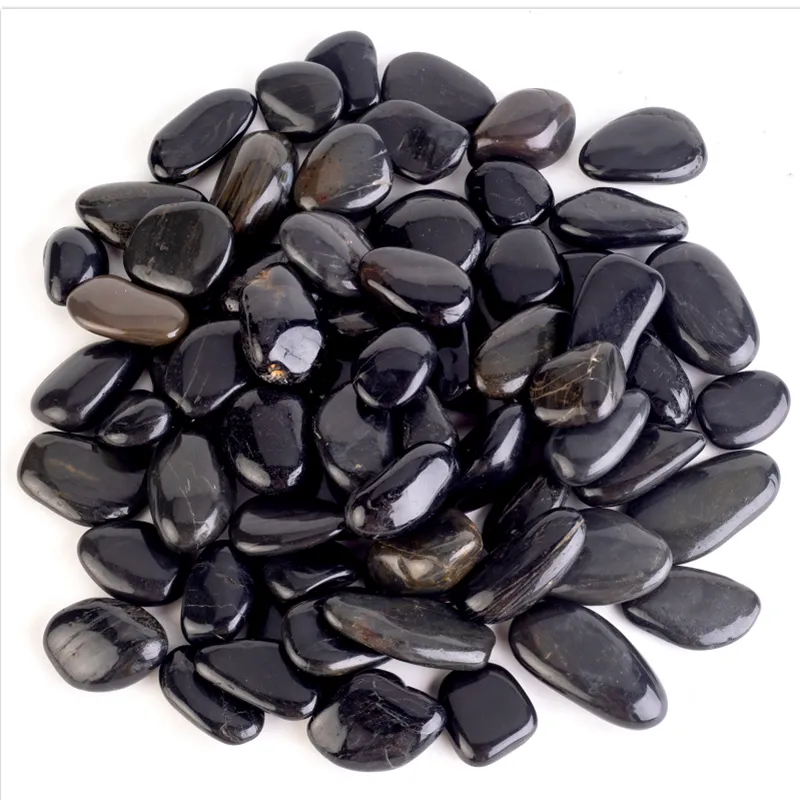2 月 . 15, 2025 05:01 Back to list
5mm white gravel
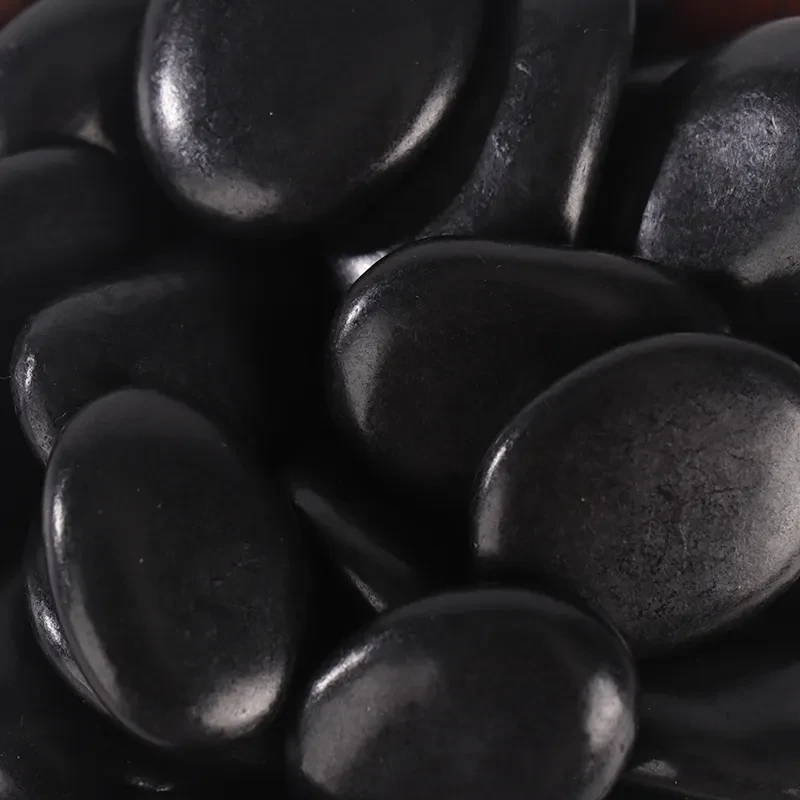
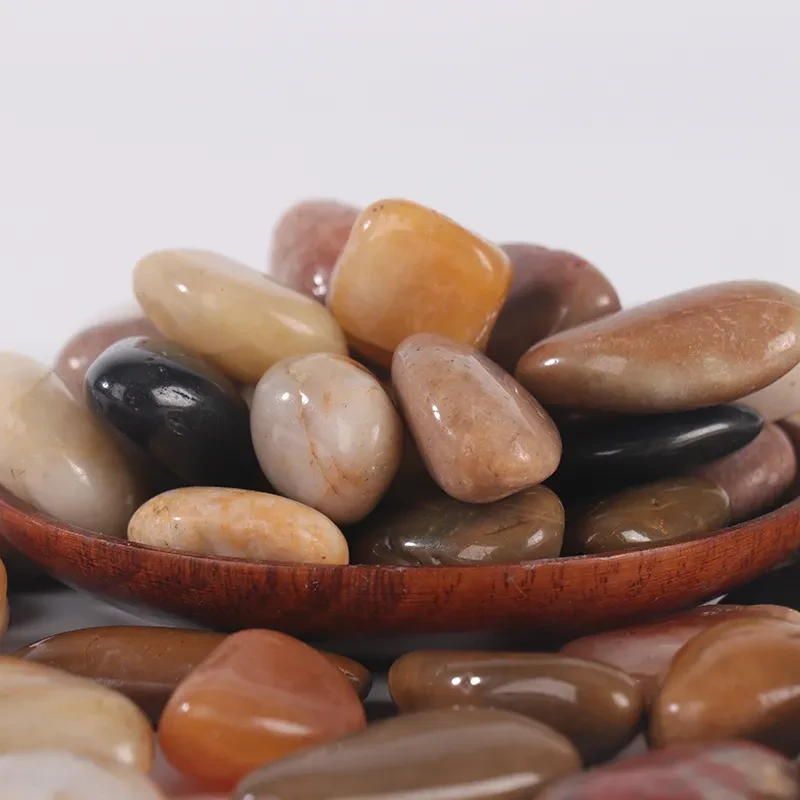
In addition to their practicality, small white rocks contribute to the aesthetic appeal of garden spaces. Their bright, clean appearance provides a striking contrast against the verdant foliage and colorful blooms, creating a visually pleasing mosaic. They can be used as a top dressing to accentuate specific areas of the garden, or as a unifying base layer that ties different plant sections together. This visual enhancement is not merely superficial; it also plays a role in weed suppression by forming a barrier that discourages unwanted plant growth. For those embracing sustainable gardening practices, small white rocks offer an environmentally friendly option. They are a natural product, and their use can reduce reliance on chemical fertilizers and pesticides. By improving soil health naturally, these rocks contribute to a more balanced ecosystem within your garden, fostering biodiversity and promoting a vibrant, healthy plant life. Gardeners and landscapers should consider the specific needs of their plants when deciding on the proportion of white rocks to use in their soil mix. For most applications, combining them with organic matter such as compost or peat moss will yield the best results, as it provides a well-rounded nutrient profile and enhances the soil's overall resilience. In conclusion, small white rocks in soil serve multiple functionally and aesthetically pleasing roles in garden design and maintenance. From supporting healthy plant growth and water management to enhancing visual appeal and promoting sustainability, these humble materials pack a powerful punch. By leveraging their properties with expertise and attention, gardeners can cultivate an environment that is not only beautiful but also robust and resilient to the changing seasons.
-
Tumbled Nephrite Jade in Feng Shui: How to Attract Balance and Prosperity
NewsOct.18,2024
-
Nephrite Jade in Home Décor: Bringing Earthy Elegance to Your Living Space
NewsOct.18,2024
-
How to Spot Authentic Tumbled Nephrite Jade: A Buyer’s Guide
NewsOct.18,2024
-
Healing Properties of Tumbled Nephrite Jade: A Look into Ancient Wellness Practices
NewsOct.18,2024
-
Ethical Sourcing of Nephrite Jade: Ensuring Sustainable and Fair Trade Practices
NewsOct.18,2024
-
Caring for Your Tumbled Nephrite Jade: Maintenance Tips for Longevity
NewsOct.18,2024



